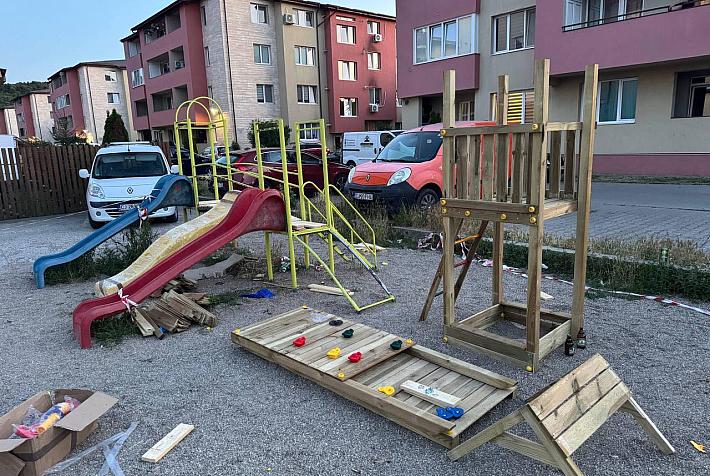Over 230 tonnes of meat taken off Romanian shelves amidst investigation into meat trade

Almost 230 tonnes of meat and meat products have been withdrawn from Romanian shelves following checks by the Romanian National Authority for Consumer Protection ANPC on March 12.
Romanian prosecutors have also started an investigation into two meat trading crime groups, uncovered during additional raids.
Almost 130 tonnes of meat and products of meat were withdrawn from retail shops for good, while another 100 tonnes were temporarily stopped from trading, following controls conducted in Bucharest and Iasi, Bistrita-Nasaud and Cluj counties.
According to an ANPC statement, the institution applied sanctions of RON 71,500 (some EUR 15,800).
In Bucharest, a total of 13 meat traders were checked by ANPC, which applied 13 fines, totaling RON 57,000 (around EUR 12,000). Over 960 kg of meat and meat products were completely withdrawn from the market, while 1.8 tonnes were temporarily stopped from trading.
The measures were taken after ANPC found several problems, including the failure to comply with storage conditions imposed by the producer and declared on the packaging, damaged packaging and lack of identification elements. According to ANPC, the controls will continue in the following period.
Meanwhile, the prosecutors from the Directorate for Investigating Organized Crime and Terrorism DIICOT also conducted a total of 102 house searches in 18 counties, focusing on two criminal groups consisting of 80 people, all of which involved in trading meat and animal products.
According to DIICOT, the groups were specialized in crimes such as tax evasion, money laundering, selling expired food, and influence peddling.
“There is the reason to believe that members of the organized criminal groups, structured on several levels, through some companies in Romania, were mainly purchasing meat and eggs from EU Member States: the Netherlands, Poland, UK, Germany, without VAT; the goods were then sold to the final beneficiary by adding VAT,” reads the DIICOT statement.
One of the groups’ methods involved that after the real purchase of goods from the EU, the members were recording fake deliveries to “ghost” companies from other EU states.
The goods in Romania were delivered to Bulgaria, Hungary and Cyprus, but only on paper, so as not charge the Romanian companies with VAT payment. However, the goods were in fact sold on the Romanian market without being officially recorded in the company's books.
The estimated damage in this case amounts to EUR 15 million.
Irina Popescu, irina.popescu@romania-insider.com
(photo source: sxc.hu)











